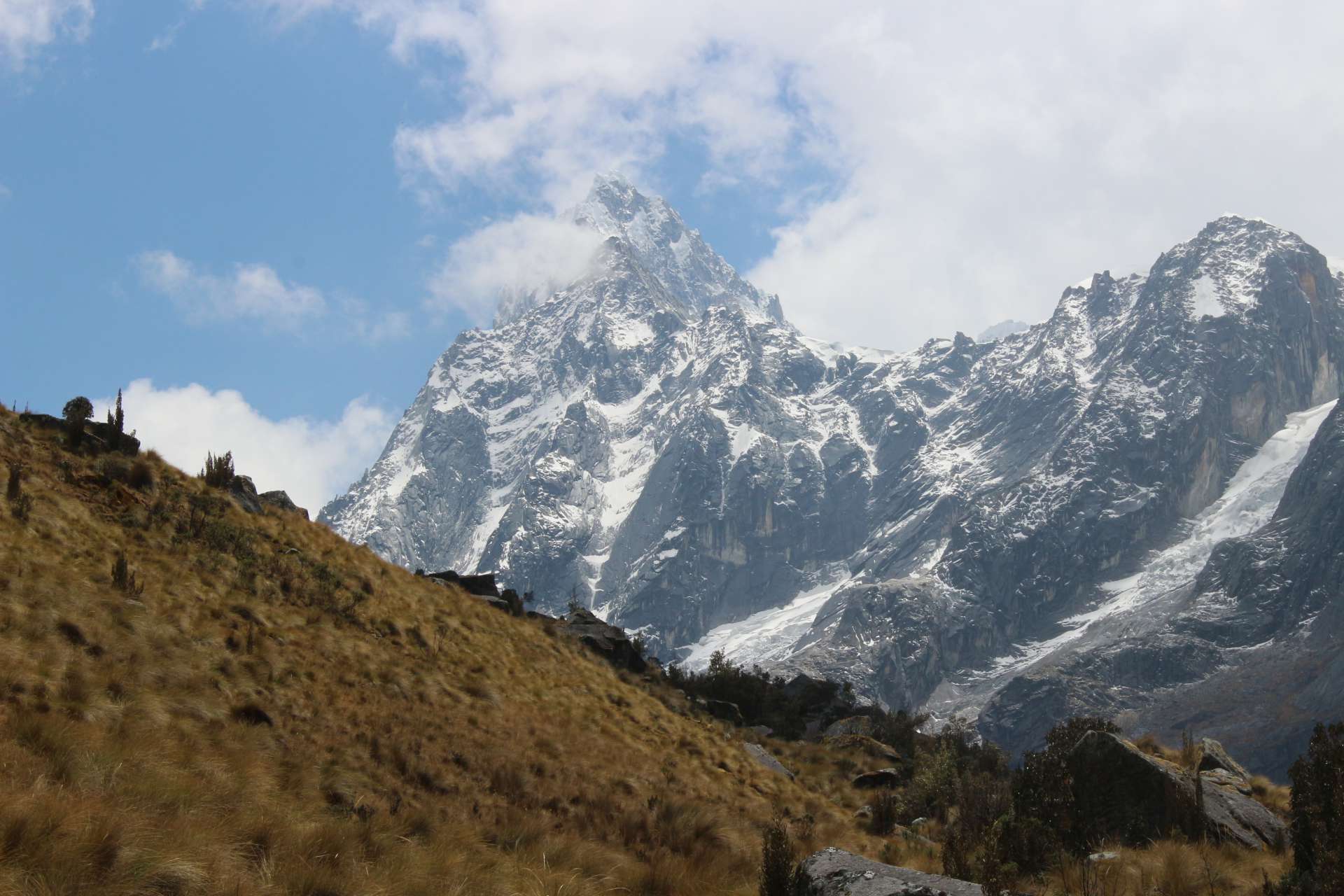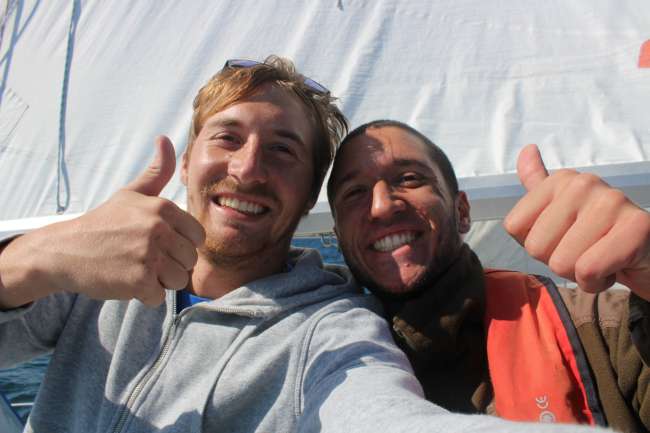Chachapoyas- The stopover on the way to the jungle
Közzétett: 19.09.2016
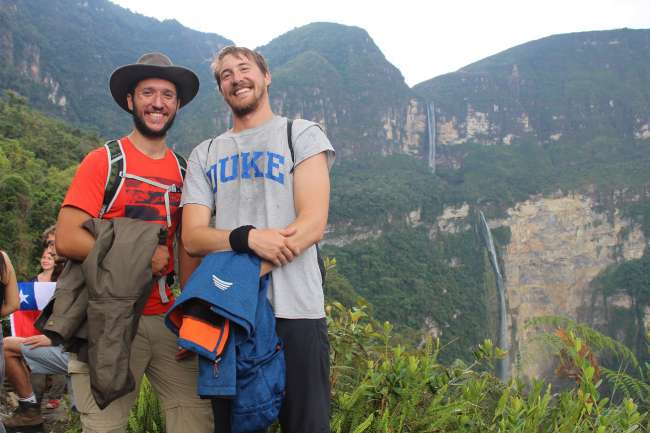
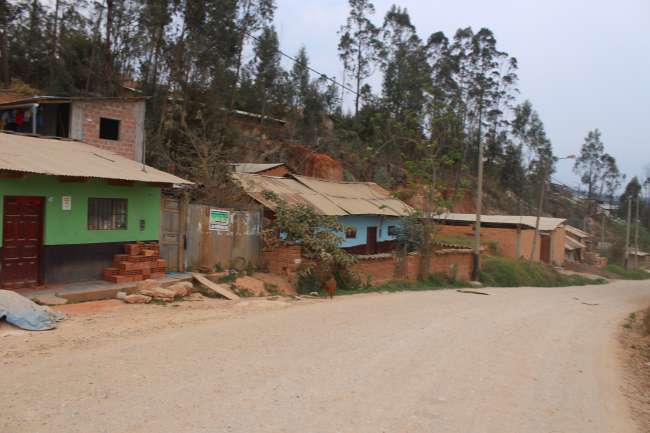
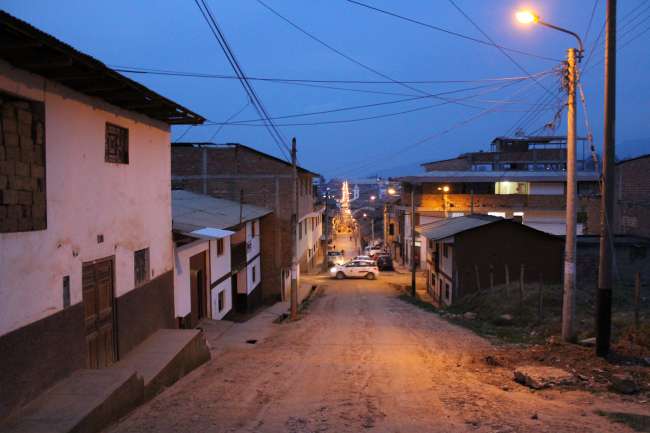
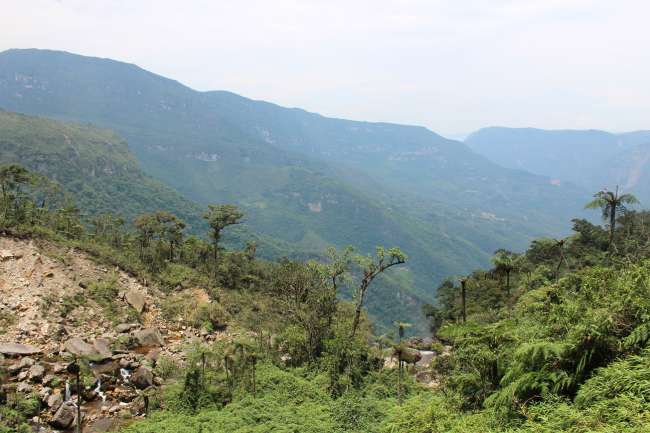
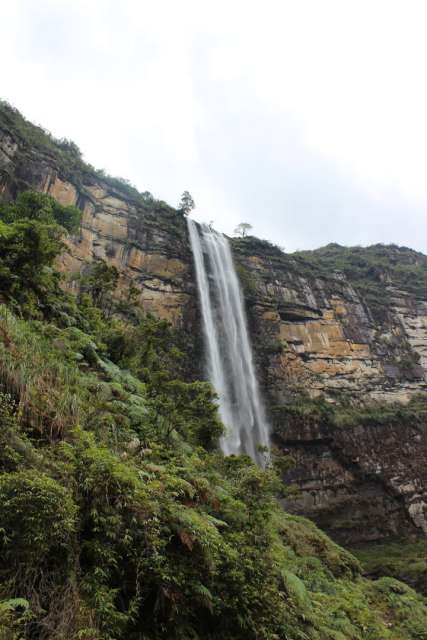
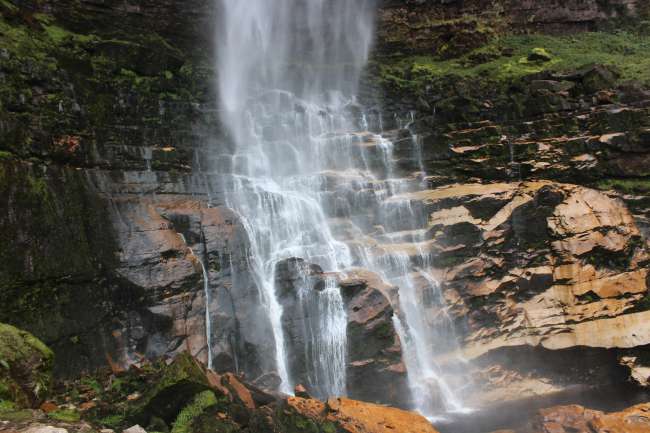
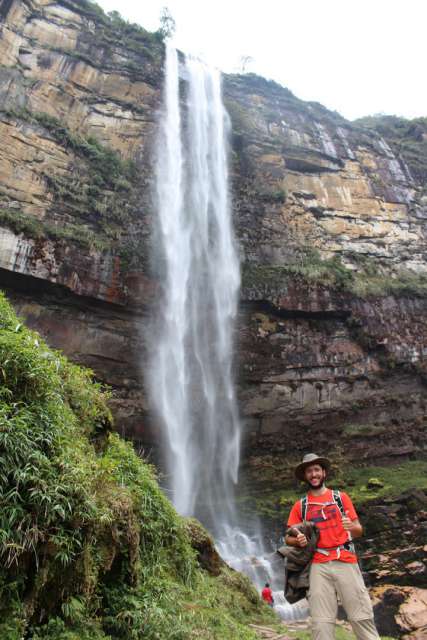
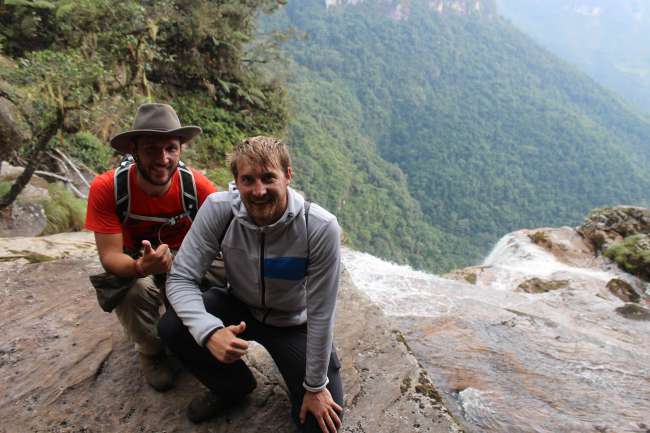
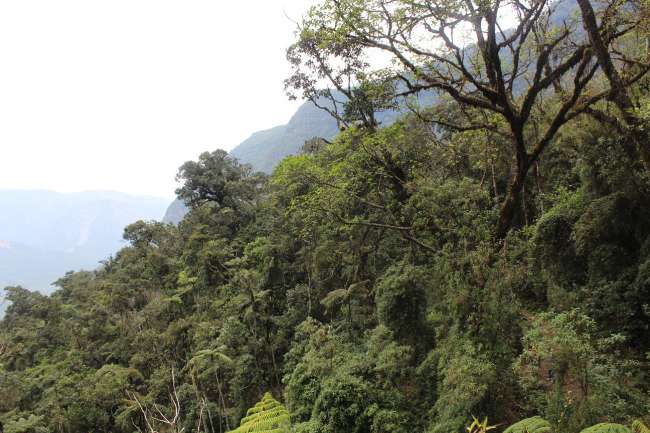
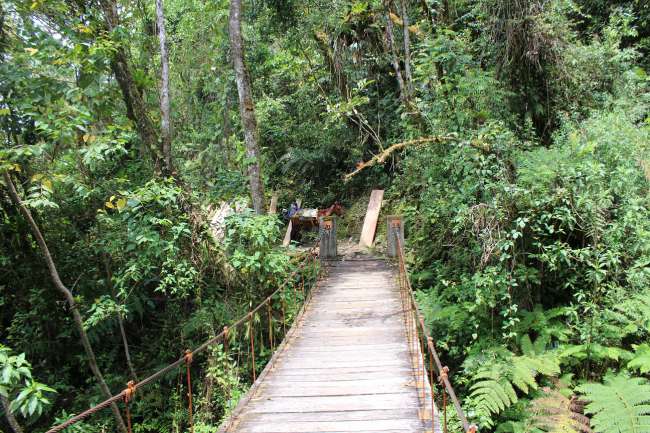
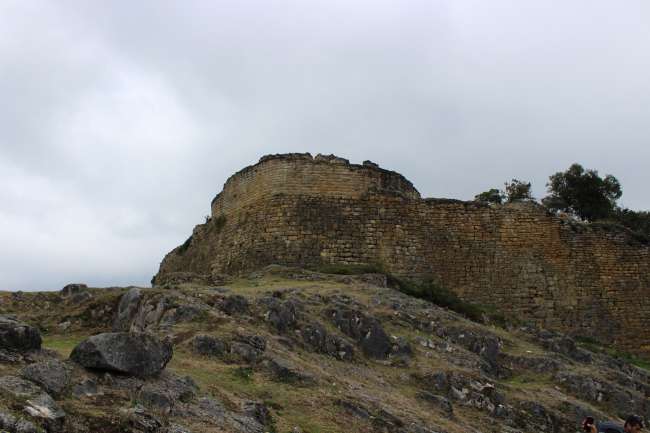
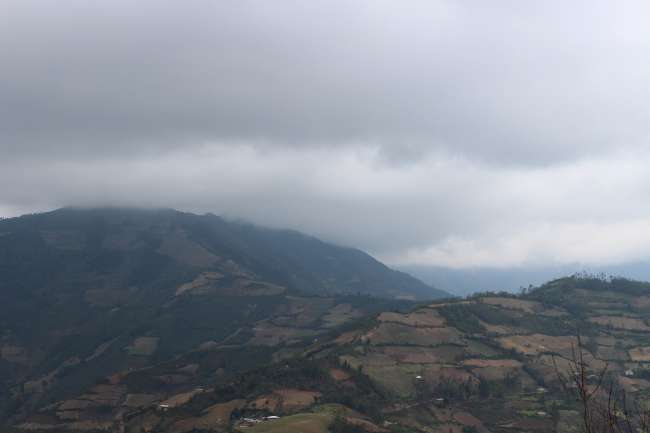
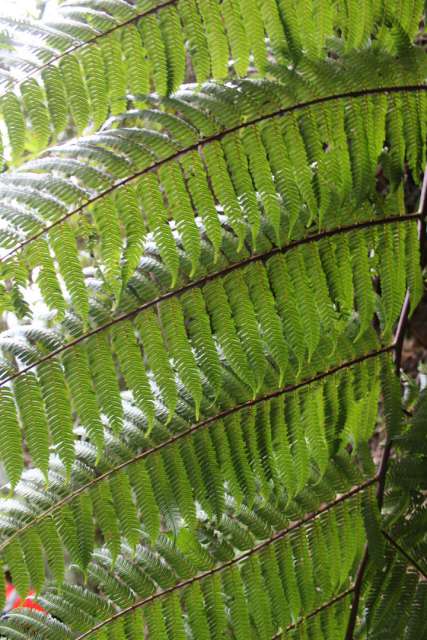
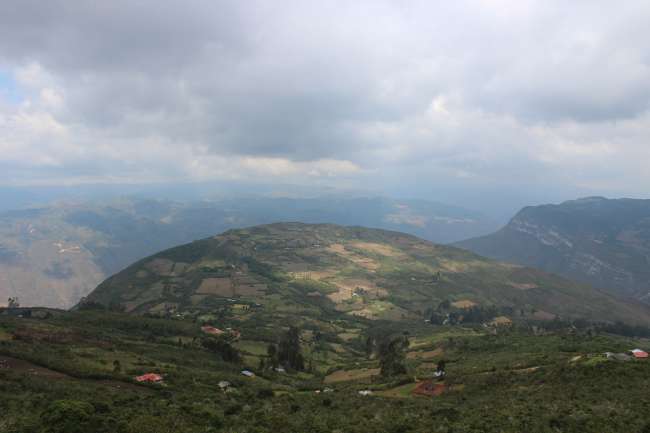
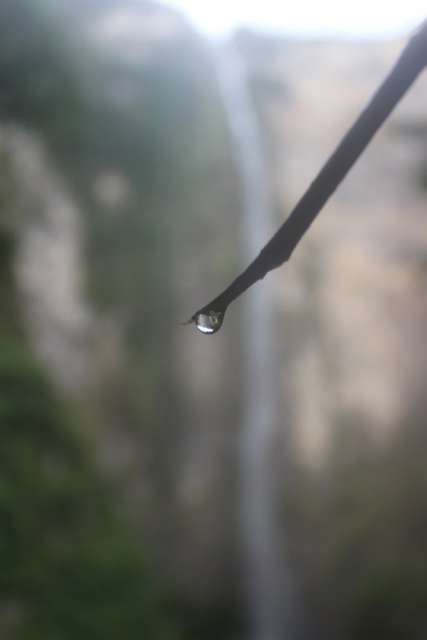
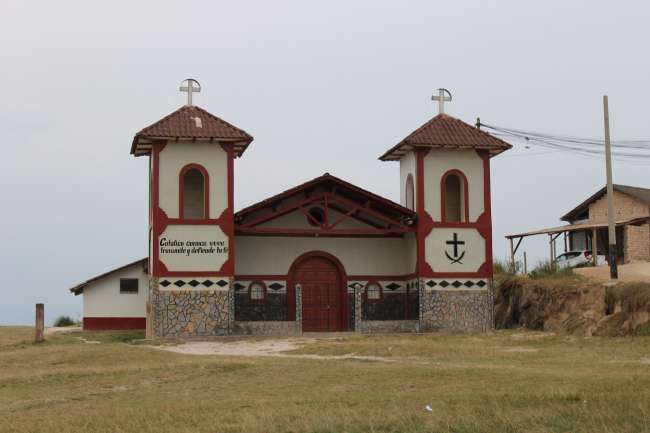
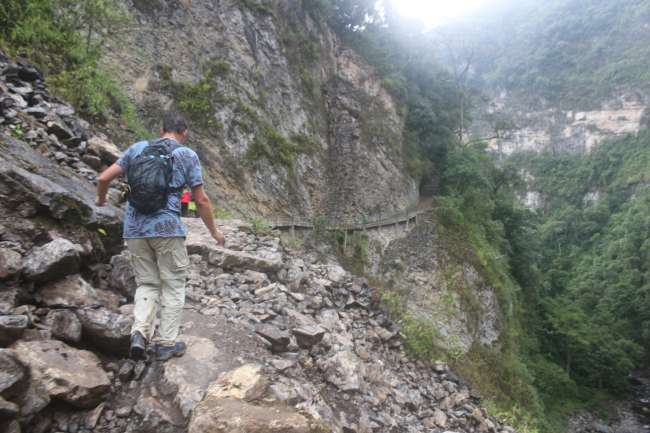
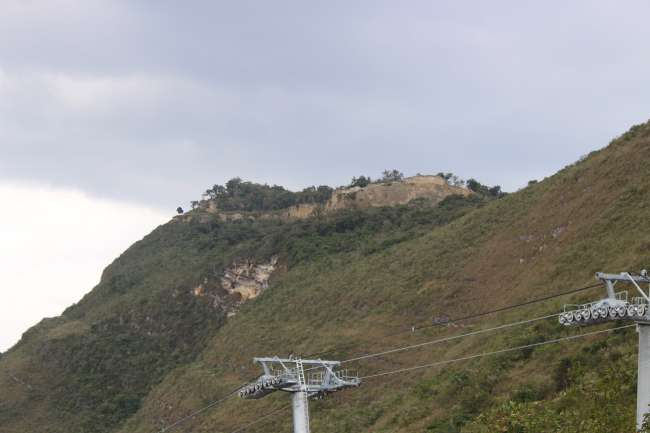
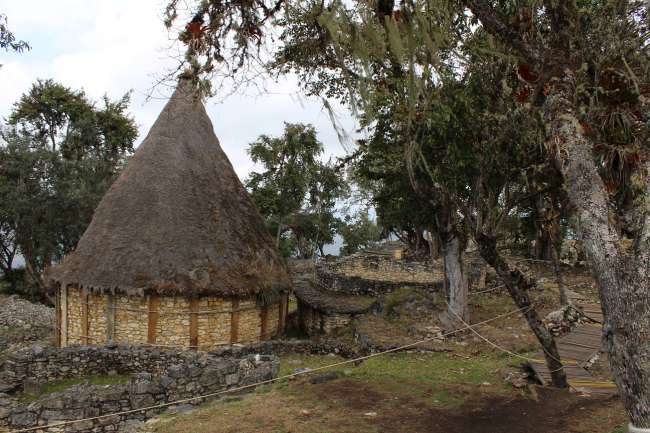
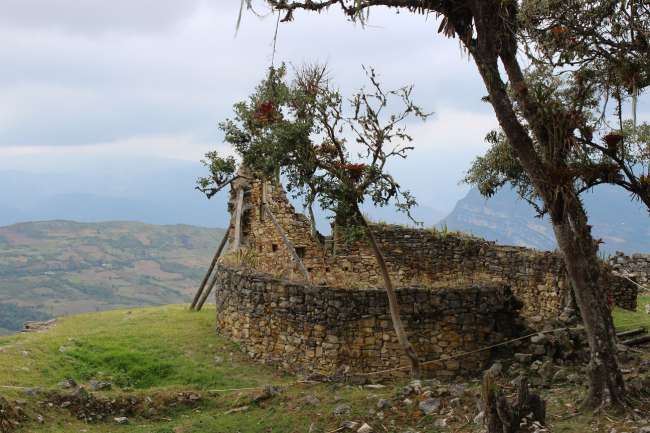
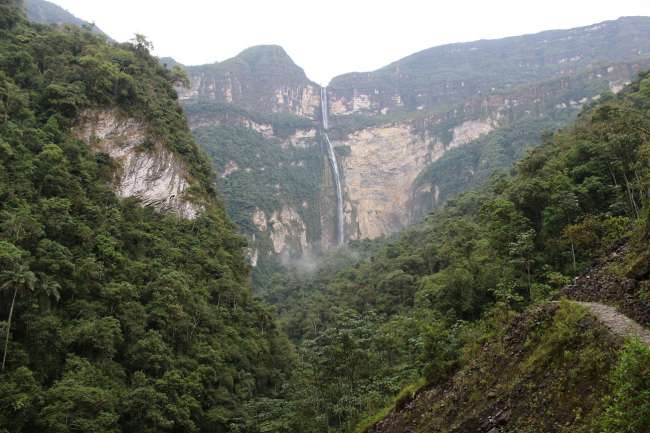
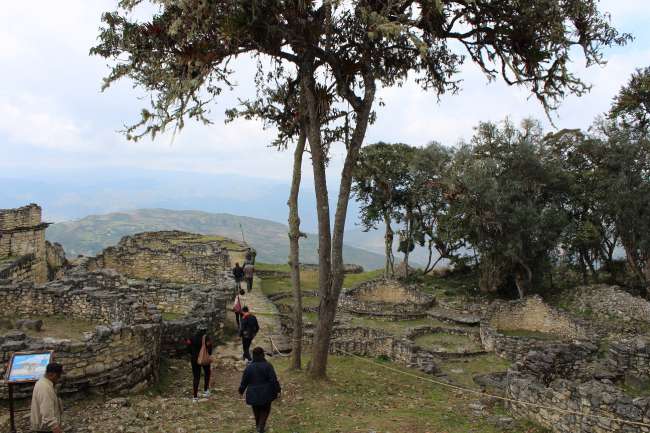
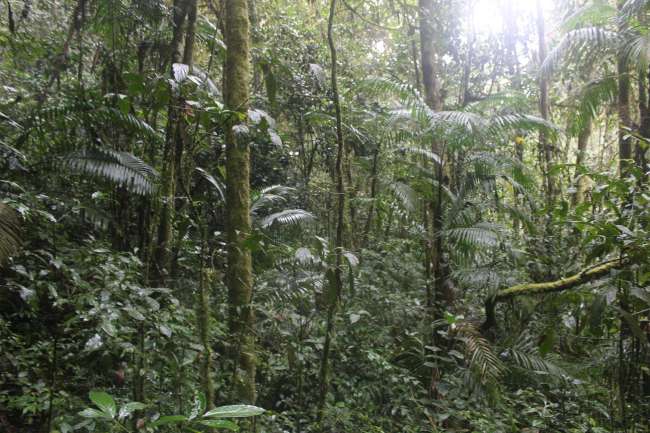
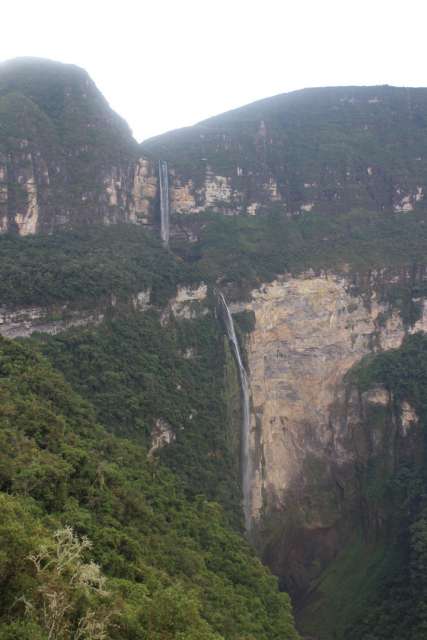
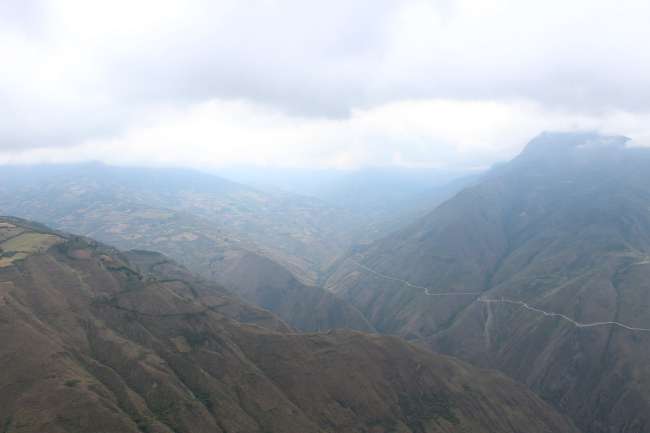
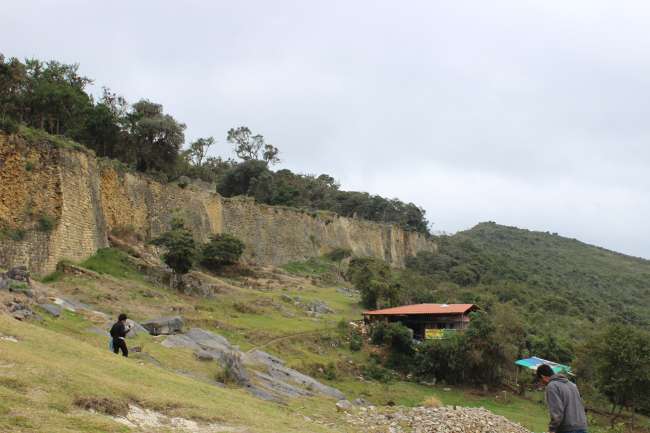
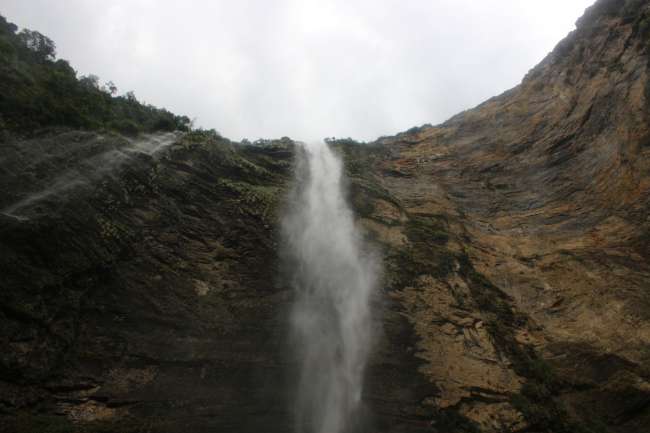
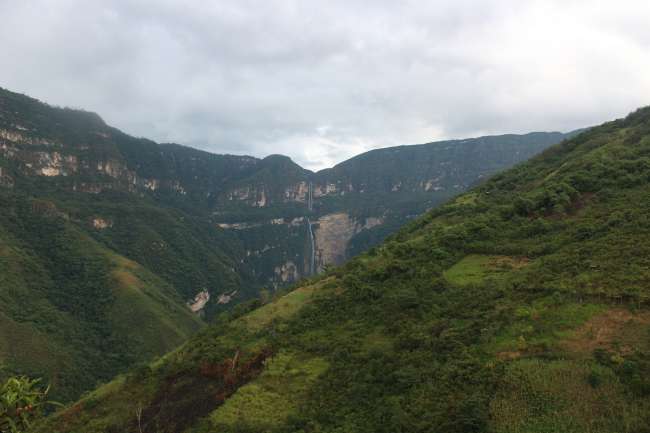
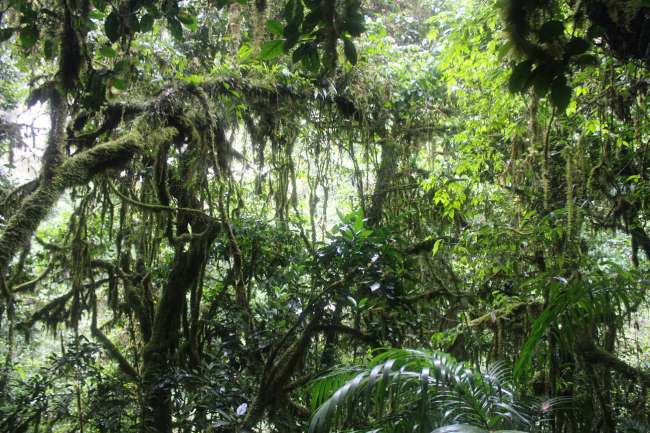
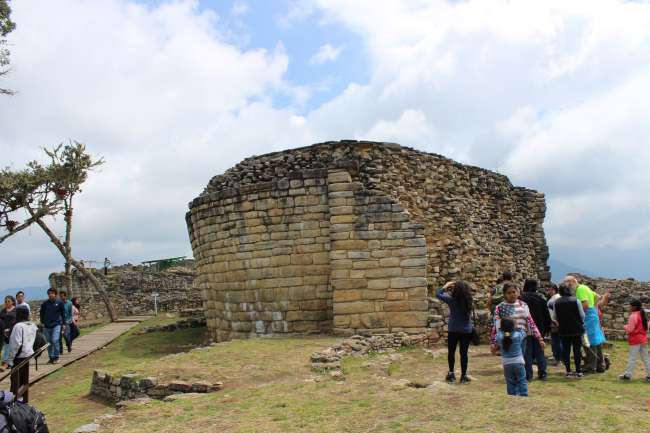
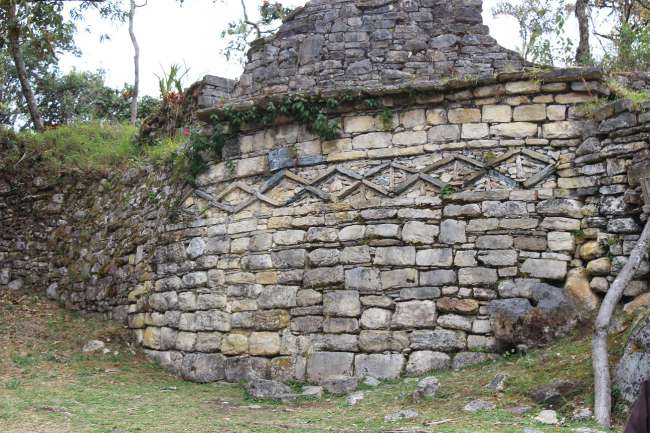
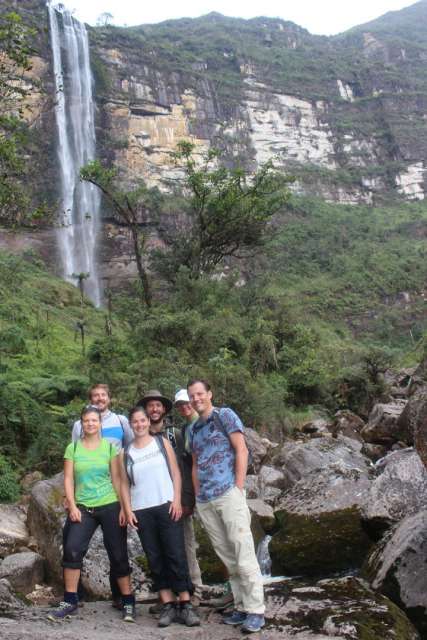
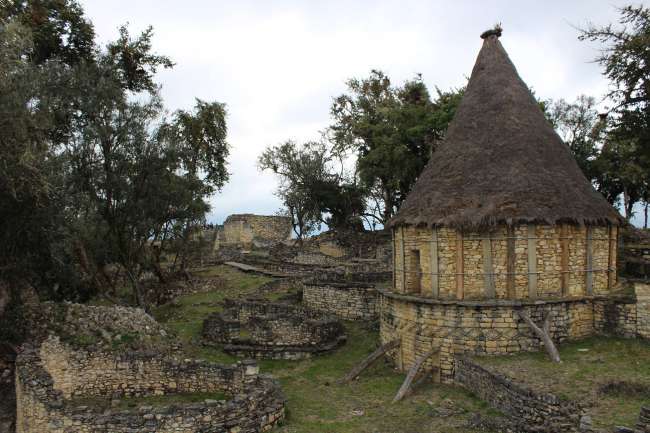
Feliratkozás a hírlevélre
After an eighteen-hour bus ride, we arrive in Chachapoyas at 6 am. Since the taxi driver didn't know the way to our hostel, we decided to walk to the hostel and quickly met Kevin, a slightly crazy, always drunk and funny nice guy who worked at the hostel and took good care of us during our stay. After the exhausting bus ride, the day is used to arrive and visit the local market (yum delicious fruits, bread rolls, and juices). In the evening, we go to Mirradores, a viewpoint that offers a magnificent view of the entire city and the adjacent valley. We are at an altitude of about 2000m. For the next day, we have booked a tour to the Gocta Waterfalls, as it is no longer allowed to visit them on our own due to a fatal accident. So we get up at 7 am and after a hearty breakfast (bread with avocado) we take a minibus on winding mountain roads up to the starting point. Once there, our group starts with the rapid, almost running, slipper-wearing guide to the first platform of the third highest waterfall in the world. We walk through green cloud forests and after about two hours we reach the first platform. Once there, we stand below the first part of the waterfall, which seems to be crashing down on us (270m straight fall). A little bit of climbing and we reach the edge of the platform from which the water plunges another 500m down. Then we go down to the meeting point (or also called base) of the second waterfall in pouring rain. The path leads us steep, slippery, and narrow serpentines along an abyss, constantly surrounded by dense, green cloud forest. After about two more hours, we reach the meeting point and for the first time we realize on which edge we were standing earlier and how high the waterfall actually is. It is a magnificent sight that makes us forget the pouring rain for a brief moment. However, our guide doesn't give us much time to rest and enjoy. After about ten minutes, we continue towards the pickup point. After another two hours of ascent, we reach the village where we are collected again, exhausted and completely soaked. An exciting tour with magnificent views and first jungle feeling comes to an end. Slightly exhausted, we return to Chachapoyas and book another tour to Kuelap (ancient pre-Inca ruins) directly for the next day. This takes us on a three-hour bus ride on narrow mountain roads along the slopes of a narrow but steep valley up to 3000m. After about 30 minutes on foot, we reach Kuelap, which dates back to around 800 AD. Kuelap turned out to be a castle with an area of 60000m² and walls up to 20m high. The entrances were designed trapezoidally so that at the end of the entrance, only one person could pass through at most. The castle itself has three floors. The highest floor was probably reserved for priests and the royal class. The middle one for the middle class and the lowest and largest floor for the common people. On all floors, there are numerous remains of the round houses, which were tightly built together. Some of them still had decorations dedicated to the gods (water god and fire god). The circular symbols represented the fire and the symbol of the snake represented the water god. The Chachapoyas were a warrior people specialized in defense. They communicated via the mountain peaks and with the fortress Kuelap, they had a good overview of the surrounding valleys. Interestingly, the experts do not agree on the ceremonial sites and the purpose of Kuelap. Some consider it a main ceremonial site, others consider it the king's house. One thing, however, can be said without a doubt, the Chachapoyas were strongly influenced by astronomy. This is reflected in numerous temple and ceremonial sites. The Incas, too, who conquered Kuelap, used the fortress due to its strategic location. However, since the Incas, instead of the Chachapoyas, designed their houses and temples all in a square shape and not round, the main ceremonial site was quickly aligned with a square. With the conquest by the Spaniards, the rule of the Incas ended. Kuelap was thus an extremely interesting place, with magnificent views and a far-reaching historical story. Definitely worth a visit!
In the evening, we also booked the bus for the next day. We are heading towards the jungle to Yurimaguas from where we want to take a cargo ship to Iquitos. We are expecting at least three days of heat, humidity, and a boat ride on the Amazon. But first, we have to tackle the eleven-hour bus ride in a minibus on emergency seats. Wooohooo!
Until then
Greetings Marius and Max
Feliratkozás a hírlevélre
Válasz
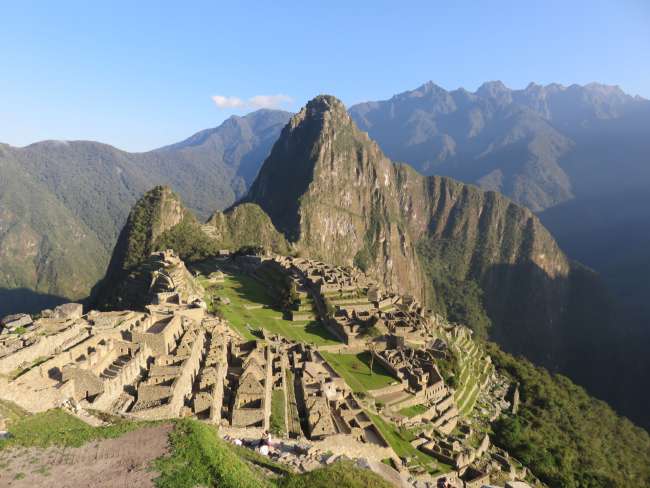
Peru utazási jelentések
